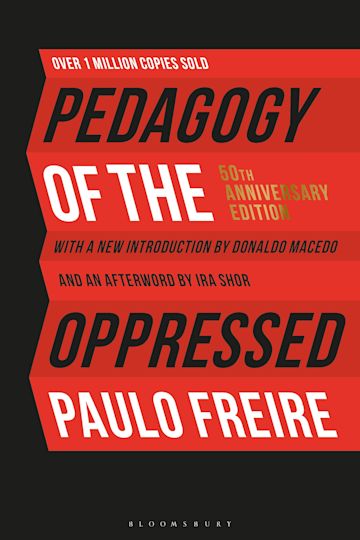One of the most important challenges Christianity faces today is the relationship between faith and community. If we are going to turn our faith into action, then we are faced with the foundational question: What do we mean by community?
As we begin wrestling with this question, there is a myriad of voices to which we can turn to gain insight. I offer the following, not as definite answers but to help us begin the conversation.
In Sociology
In the discipline of sociology, a community can be thought of as a collection of members who share one or more of the following characteristics:
- A common territory;
- Close and informal relationships;
- Some sense of mutuality;
- Common values and beliefs;
- Some organized interaction;
- A strong sense of group feeling;
- Some cultural similarity.
As a congregation begins considering their own approach to community engagement, they may find it helpful to answer the following three questions:
- Is there a defined territory that shapes how congregation members’s interact with each other and with the outside world?
- What are some ways your congregation understands itself as a community?
- How important to your congregation is the of belonging? Are there some ways that sense of belonging includes or excludes others?
Paulo Freire: “Divide and Rule”
When thinking about what community means, the relationship between unity/division and oppressive power is an important topic for consideration. In Pedagogy of the Oppressed, Paulo Freire explained that it is in the interest of the oppressor to weaken and isolate the oppressed. Freire’s comments about “focalizing” problems and the role of leadership can help guard us against making some important mistakes that are common in the work of community building. Unity, organization, and struggle threaten oppressive power structures because they are the key ingredients to actions of liberation. In order for oppressive power to remain in power, those suffering in oppression are weakened through isolation and manipulation, often in ways intended to give the impression that they are being helped.
By breaking down populations into “local communities,” the work of “community development,” he explains, often emphasizes a localized view of the problems. Without studying communities as totalities that are part of larger totalities, alienation is intensified and communities become isolated from the problems of oppressed people in other areas.
The same division, Freire explains, occurs through “leadership training courses.” This is based on the naive assumption that a community can be promoted simply by training its leaders. By focusing on leaders, the state of alienation is preserved. This hinders the emergence of community consciousness and critical intervention, without which the building of a liberating unity among people becomes nearly impossible. The oppressors do not favor promoting the community as a whole, but rather selected leaders.
Parker Palmer


